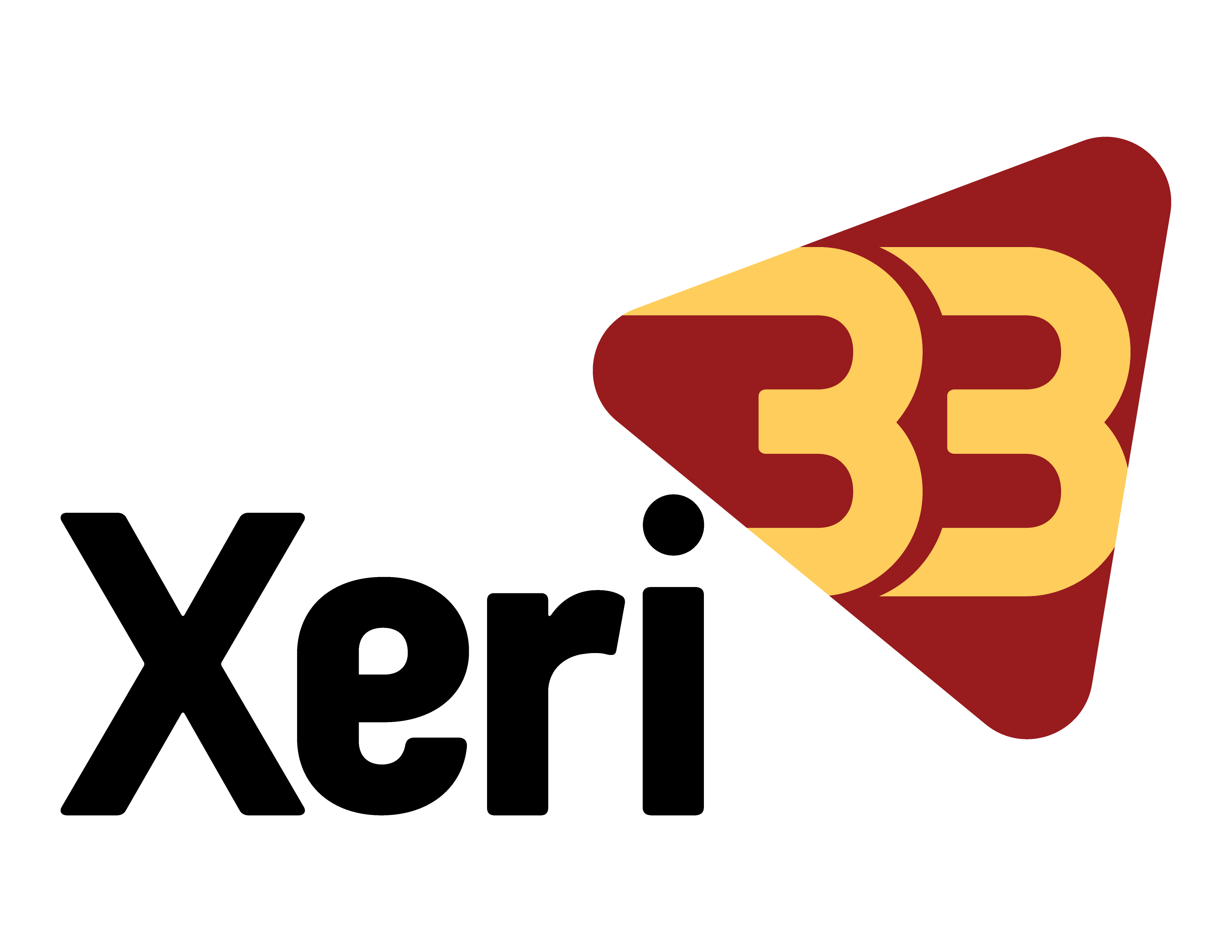Artificial t urf, also known as synthetic grass, has several benefits compared to natural grass. Many of the advantages include:
urf, also known as synthetic grass, has several benefits compared to natural grass. Many of the advantages include:
- Low maintenance: Artificial turf requires minimal upkeep compared to natural grass. It does not need mowing, watering, fertilizing, or pest control, which can save time, effort, and resources.
- Durability: Synthetic grass is designed to withstand heavy use and various weather conditions, making it less susceptible to damage compared to natural grass. It is also less prone to developing bare or muddy patches, ensuring a consistently green surface.
- Cost-effectiveness: Although the initial installation cost of artificial turf may be higher than natural grass, the long-term savings on maintenance, water, and other resources can make it a more cost-effective option.
- Water conservation: Artificial turf does not require watering, which can help conserve water, especially in areas with water scarcity or restrictions.
- All-weather usability: Synthetic grass can be used in various weather conditions without getting muddy or slippery, making it a safer and more reliable option for sports fields, playgrounds, and other outdoor spaces.
- Pest-free environment: Artificial turf is resistant to pests such as insects, rodents, and weeds, reducing the need for harmful pesticides and herbicides.
- Enhanced aesthetics: Artificial turf provides a consistently green and well-manicured appearance, making it an attractive option for landscaping and sports facilities.
- Versatility: Artificial turf can be installed in a variety of settings, including rooftops, balconies, and areas with poor soil quality where natural grass may struggle to grow.
- Reduced allergies: Synthetic grass does not produce pollen, making it a suitable option for people with grass allergies or sensitivities.
- Pet friendly options: Some artificial turf products are made with four-legged family members in mind. These products leach pet waste under the grass into the base layer, where it is naturally broken down and dissipated.
- Ecologically sound: Synthetic grass limits the environmental impact of your yard by reducing the need for water, pesticides, and fertilizers. This will contribute to a significantly smaller ecological footprint and a healthier yard.
